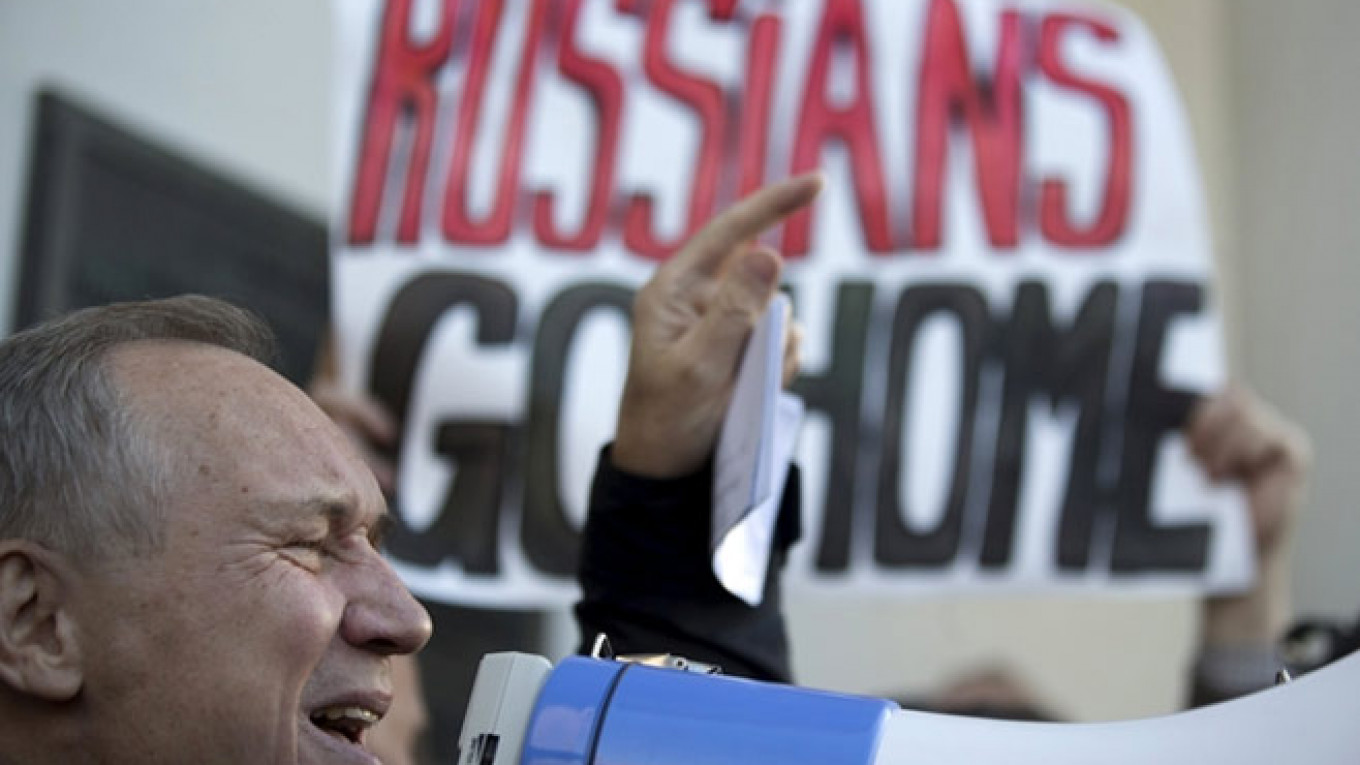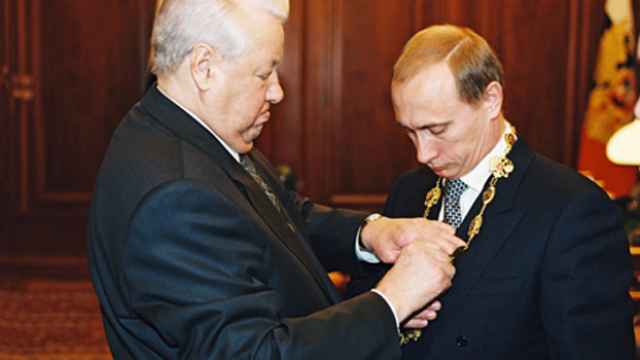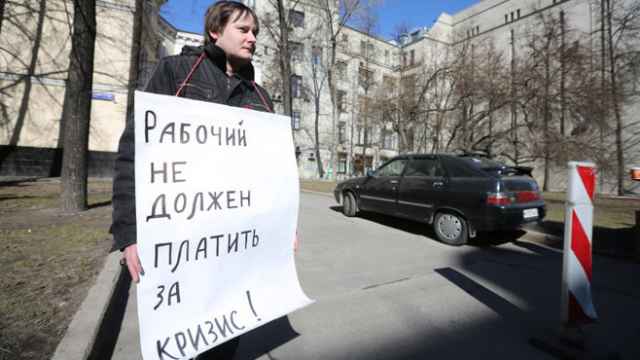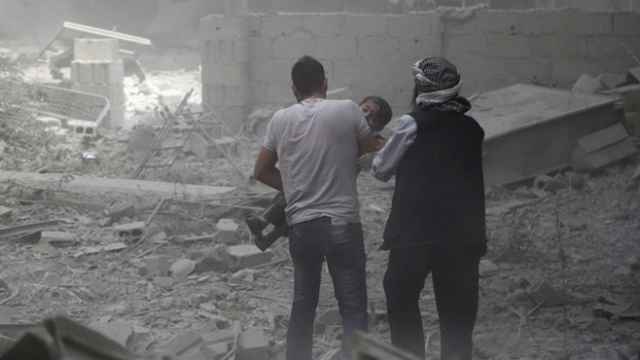Despite the fact that Belarussian President Alexander Lukashenko on Tuesday denied plans to establish a major Russian air base in that country, demonstrators had already begun protesting on the streets of Minsk.
Perhaps Lukashenko did not want to stir up public opinion on the eve of presidential elections there. For his part, President Vladimir Putin has already published the order to establish the base.
It will probably follow the Syrian scenario in which officials act first and announce their actions afterward. But most importantly, the new air base would place a Russian squadron within only 200 short miles of the border with NATO.
Russia has been expanding the foreign outposts of its armed forces very intensively in recent years. Moscow has reinforced and expanded its existing military bases in Armenia and Kyrgyzstan and turned the recently annexed Crimean Peninsula into one large base. Russia is also building and modernizing two bases at once in Syria, one of which it plans to use as its primary base of operations in the Mediterranean. President Vladimir Putin has sent out representatives in all directions in search of potential military allies — and not without some success.
For example, the TASS news agency reported last week that Russia had signed an agreement on close military cooperation with Equatorial Guinea. It emphasized that the cooperation will focus on naval operations and work "on the principles of equality and partnership."
Exactly what form of equality and partnership that meant remained unclear considering that the entire navy of Equatorial Guinea consists of a single frigate purchased from Bulgaria and four small cutters. However, the agreement states that Russian naval vessels cannot only call on the port in Equatorial Guinea — which holds strategic importance for Africa — but also remain for an extended period to, for example, make repairs.
That does not make it a military base, but six months ago the naval base in Tartus, Syria was classified as simply a "logistics point." Visiting journalists described it as consisting of two rusted piers, only one of which was in working condition, an abandoned barracks and a garden with tomatoes and parsley. Until recently, the personnel staffing that "logistics point" consisted of four individuals, a dog and a cat. Now, several thousand Russian troops are based there and almost one-third of the Black Sea Fleet.
In the same way, Russia could post four sailors to guard a warehouse with spare parts in Equatorial Guinea. The main thing is to gain a foothold. The rest comes later.
All of Equatorial Guinea is half the size of the Moscow region. The country has been ruled continuously since 1979 by President Teodoro Obiang Nguema Mbasogo, in whom Vladimir Putin has no doubt found a kindred spirit.
Mbasogo came to power by overthrowing and shooting the previous president — his own uncle. To carry out the coup, he invited and paid 400 mercenaries to come from Morocco. Once his uncle was eliminated, Mbasogo sent the mercenaries home and held squeaky clean elections in which he elected himself president. So, according to Putin's favorite argument, Mbasogo is a legitimate ruler no worse than Syrian President Bashar Assad. And Teodoro Obiang Nguema Mbasogo conscientiously confirms his legitimacy by holding elections once every eight years.
In the most recent elections in 2009, he received 95.19 percent of the vote. Of course, the country has a multi-party system, but the party led by President Mbasogo won 99 out of the 100 seats in parliament. Equatorial Guinea derives most of its income from the extraction and export of oil and gas. In all ways, it is a perfect ally for Russia.
Only one question remains: Where can Moscow find the money for all of these new allies and military bases?
Andrei Malgin is a journalist, literary critic and blogger.
A Message from The Moscow Times:
Dear readers,
We are facing unprecedented challenges. Russia's Prosecutor General's Office has designated The Moscow Times as an "undesirable" organization, criminalizing our work and putting our staff at risk of prosecution. This follows our earlier unjust labeling as a "foreign agent."
These actions are direct attempts to silence independent journalism in Russia. The authorities claim our work "discredits the decisions of the Russian leadership." We see things differently: we strive to provide accurate, unbiased reporting on Russia.
We, the journalists of The Moscow Times, refuse to be silenced. But to continue our work, we need your help.
Your support, no matter how small, makes a world of difference. If you can, please support us monthly starting from just $2. It's quick to set up, and every contribution makes a significant impact.
By supporting The Moscow Times, you're defending open, independent journalism in the face of repression. Thank you for standing with us.
Remind me later.






